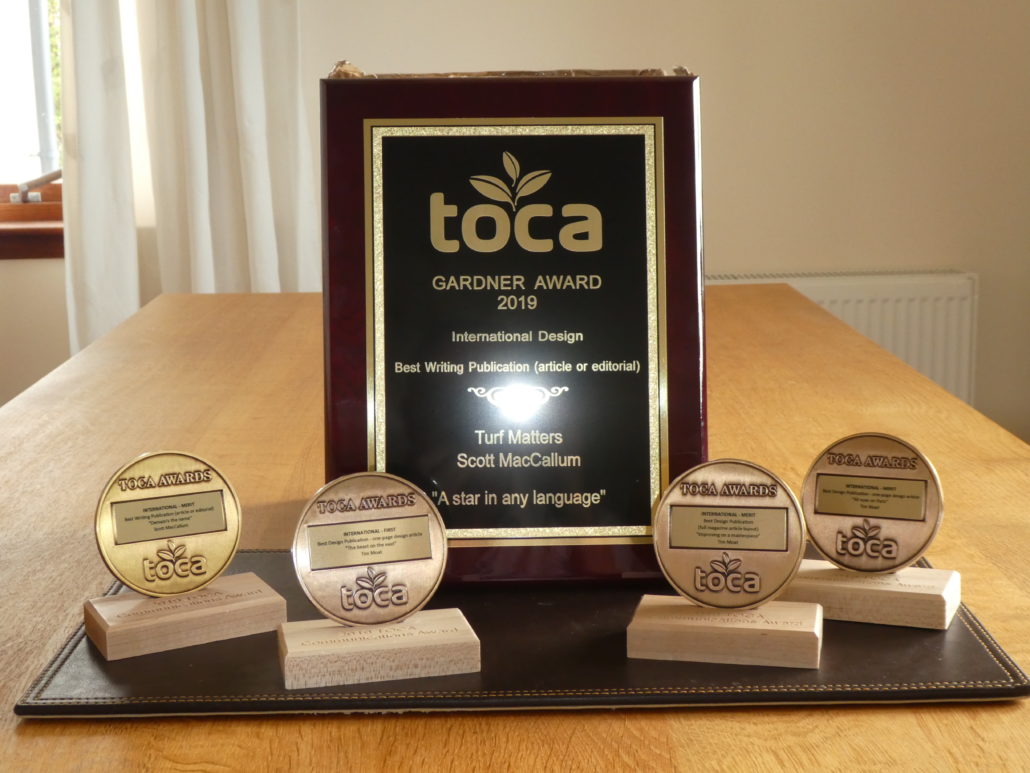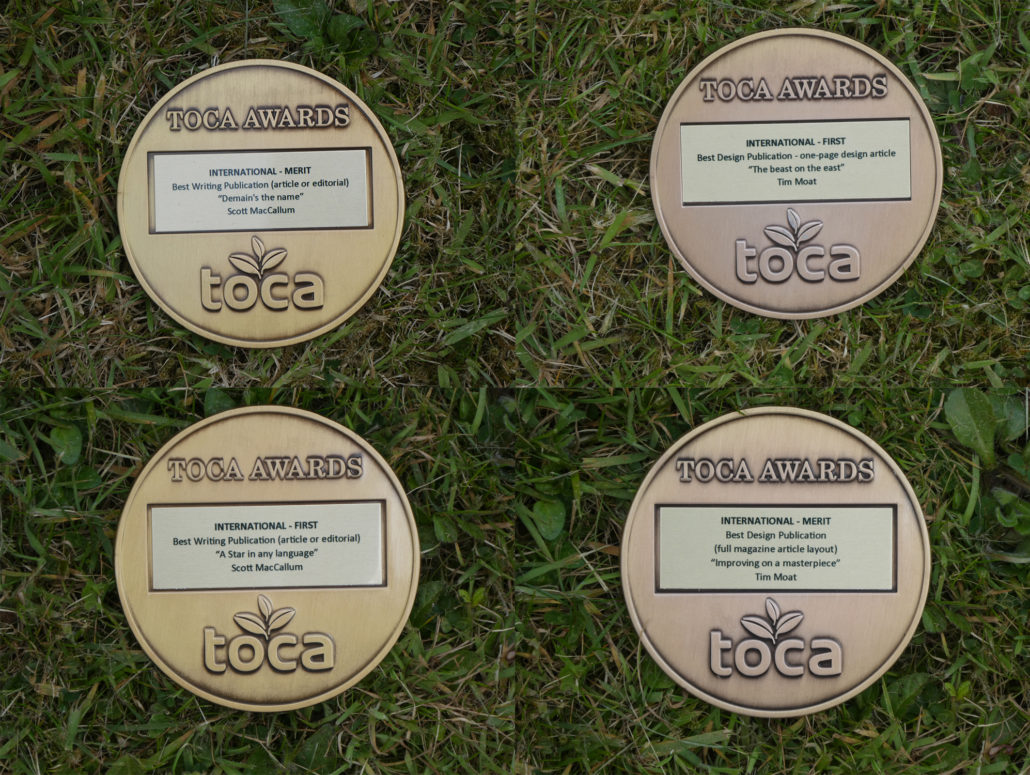TS Industrie Introduce Panther 56DS
TS Industrie Introduce Panther 56DS: When purchasing a shredder it is important to source a machine that can process a diversity of green waste material as shredding very rarely involves wood alone. Besides mainly branches in winter, in autumn a lot of leafy and wet green waste needs to be cleared, in spring you have to cope with a variety of materials, ranging from blossoms and hedge trimmings to all other kinds of damp and bulky green waste and also in the summer months the pruning of hedges generates a large amount of woody and leafy waste.
TS Industrie – leaders in Green Waste shredding technology extend their current range of Green Series Shredders with a preview of the NEW and exciting Panther 56DS SHREDDER offering more efficiency in green waste shredding.

The NEW GS/Panther56DS positions itself between the existing popular GS/Jaguar45DS and GS/Cobra 75DS, and is particularly suited to the needs and requirements of communities or landscape companies. The GS/Panther allows the reduction of waste volume up to 7 times compared to a conventional chipper.
Equipped with a powerful Kohler 56 HP diesel stage 5 engine with Particulate Filter, combined with a Power Mixed Rotor, a large hopper for team work and a 500mm feed belt to optimize its performance, the Panther 56DS achieves an average yield of 36m3/h, with an impressive material diameter of up to 19cm and delivers excellent performance.
It also plays its part in the comfort of its users and the environment, with its DRI Soundproof Cowling, its CO2 reduction option, its parallelogram drawbar adjustable by a simple crank and its computerized Pilot Control System – “Swing”.
Visit the Arb Show on demonstration plot D07 where PSD Groundscare will be showcasing the TS Industrie Panther 56DS and there will also be a range of green waste shredders from Belgium manufacturer Eliet, including the popular Super Prof Max on tracks which offers a powerful; solution for those hard to reach areas.
Arb Show:
17th – 18th May 2019 – Westonbirt, The National Arboretum, Tetbury, Gloucestershire, GL8 8QS
For the latest industry news visit turfmatters.co.uk/news
Get all of the big headlines, pictures, opinions and videos on stories that matter to you.
Follow us on Twitter and Instagram for fun, fresh and engaging content.
You can also find us on Facebook for more of your must-see news, features, videos and pictures from Turf Matters.
















